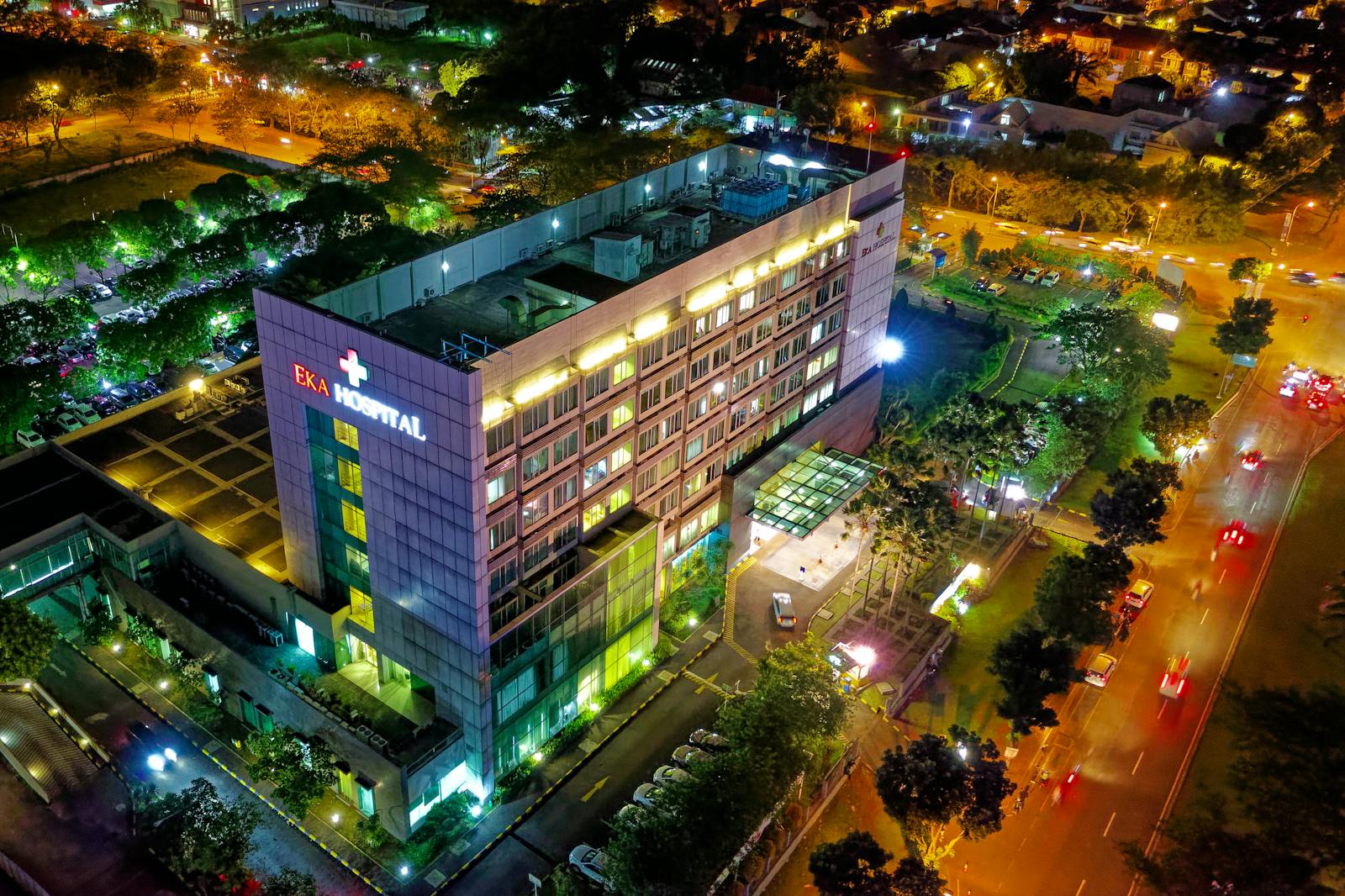Delhi High Court dismisses petition against doctors at Max Hospital alleging medical negligence and misconduct

Introduction
In a recent writ petition presented in the Delhi High Court alleging serious medical negligence and misconduct against the doctors at Max Super Speciality Hospital which resulted in the death of Petitioner’s wife, a single judge bench of Hon’ble Justice Sanjiv Narula held that even though the doctors are expected to apply a reasonable level of expertise and due diligence, their professional conduct must not be judged as per the already – conceived notions of a specific procedure or outcome.
Table of Contents
Brief Background of the Case
As per the facts of the present case, the wife of the petitioner was suffering from severe diarrhoea and was admitted to ‘Dr. Hedgewar Arogya Sansthan’ located in Karkardooma. However, due to severe medical issues, she was transferred to Lok Nayak Jai Prakash Hospital (LNJP) and was discharged due to incapacity to provide medical care.
In order to find a suitable Intensive Care Unit facility, the patient had contacted Max Hospital which had assured him of ICU availability and upon his arrival he had learnt that there was no bed available. Having no other choice, the patient was admitted to emergency department where no attention was given by the senior or junior resident doctors. Due to sudden deterioration of the wife’s health conditions, the doctors told the petitioner to take her home since her chances of survival were slim and she passed away within three hours of the discharge.
The petitioner had approached the Hon’ble High Court under Article 226 after having exhausted the remedies under the Delhi Medical Council and National Medical Council.
Analysis by the Court
While assessing the petition on its merits, the Hon’ble Delhi High Court noted that Article 226 of the Constitution does not grant jurisdiction to provide an avenue for reassessment of substantive conclusions derived by expert bodies in numerous matters such as allegations of medical negligence and such intervention or adjudication can only be warranted in events when the impugned decisions have been totally arbitrary, perverse or manifestly unreasonable. Therefore, any judicial enquiry undertaken by the court shall be limited to the determination of whether the decision given by the National Medical Council was perverse due to any procedural irregularities, evident arbitrariness or any patent illegality warranting the need for judicial intervention.
Moreover, merely because the wife of the petitioner could have been admitted, and the bed could have been arranged at the hospital is not a valid ground for concluding medical negligence on part of the hospital since it would be entirely based upon surmises and conjectures. The procedural deficiencies raised by the petitioner were already rectified by the respondent during the proceedings in the National Medical Council and it had been held that the hospital was not negligent in providing any medical care and the due medical attention was provided by the doctors and the argument that only junior doctors were given the charge of the treatment does not stand since they were also supervised by senior doctors.
Furthermore, while noting that a reasoned order had been passed by the NMC while considering the doses of the drugs administered, the court also noted that while exercising its judicial responsibility of review, it cannot substitute its own judgment for that of a specialised body and experts who have been primarily empowered to uphold the highest standards of medical practice and conduct in the profession. Additionally, in the present case the petitioner’s husband had himself refused to sign the consent form for MRI and prioritised a ventilator support for his wife, the court noted that the petitioner’s expectations regarding the timeline for conducting the tests and medications could not override the professional conduct of the doctors and their judgment.
Even though the court agreed that the Respondent Hospital could have ensured availability of an experienced physician or senior doctor among the resident doctors round the clock, the National Medical Council had already acknowledged the lapse and directed adequate remedy and action towards the hospital. Moreover, since the experienced doctor who had been made party to the complaint was already on a pre – sanctioned leave, no negligence can be attributed to him and therefore his joinder as a party does not have any merits and cannot be personally liable for the same. The discharge of the petitioner’s wife was also carried out by the petitioner himself after considering all the merits of the situation voluntarily and with full awareness of the risks involved so therefore no liability of the medical institutions lies in this regard.
Conclusion
Based upon the above analysis and enquiry by the court, it was held that there was no procedural lapse or irregularity warranting the need for intervention by the Hon’ble High Court. Additionally, the Delhi Medical Council and National Medical Council had already stated that given a complex case of the petitioner’s wife, the line of treatment was adequate and well-reasoned and did not warrant any specific intervention or adjudication. Additionally, in light of the present case a petitioner cannot take advantage of his own willingness to discharge his wife and hold the hospital accountable for the medical negligence or the death of his wife.
The court has also clearly laid down the law by adjudicating upon this substantive question as to whether the courts have authorities to substitute their own decisions with that of expert bodies and stated that no court has the inherent authority to substitute its own decisions with those of an expert body and adjudicate in their place. Moreover, the expert decisions taken by medical experts cannot be overruled by the courts acting in their judicial capacity unless they are blatantly illegal or filled with procedural lapses.
King Stubb & Kasiva,
Advocates & Attorneys
New Delhi | Mumbai | Bangalore | Chennai | Hyderabad | Mangalore | Pune | Kochi
Tel: +91 11 41032969 | Email: info@ksandk.com
By entering the email address you agree to our Privacy Policy.